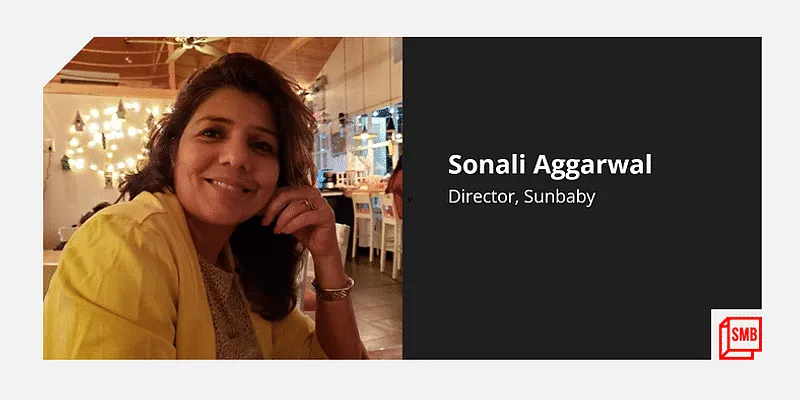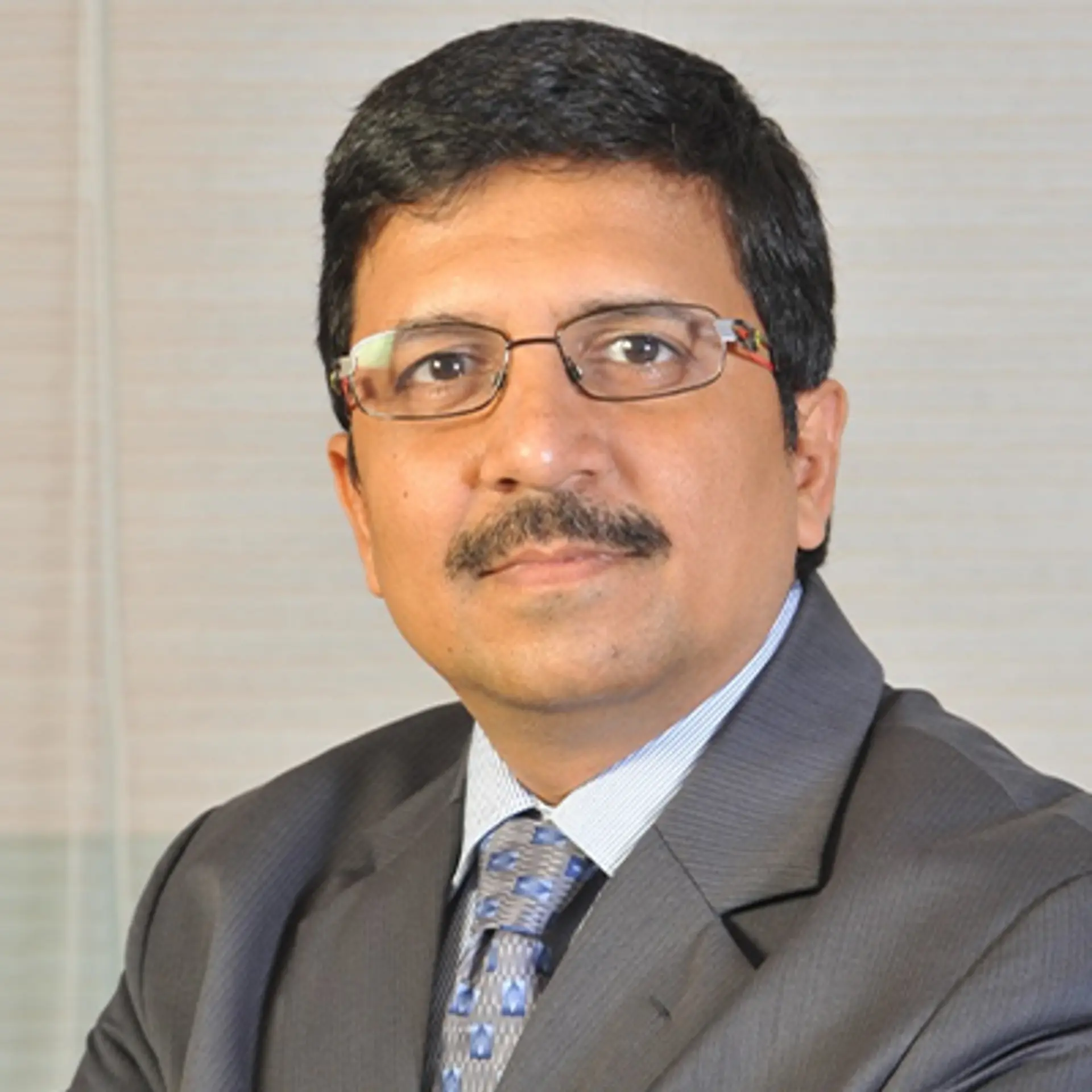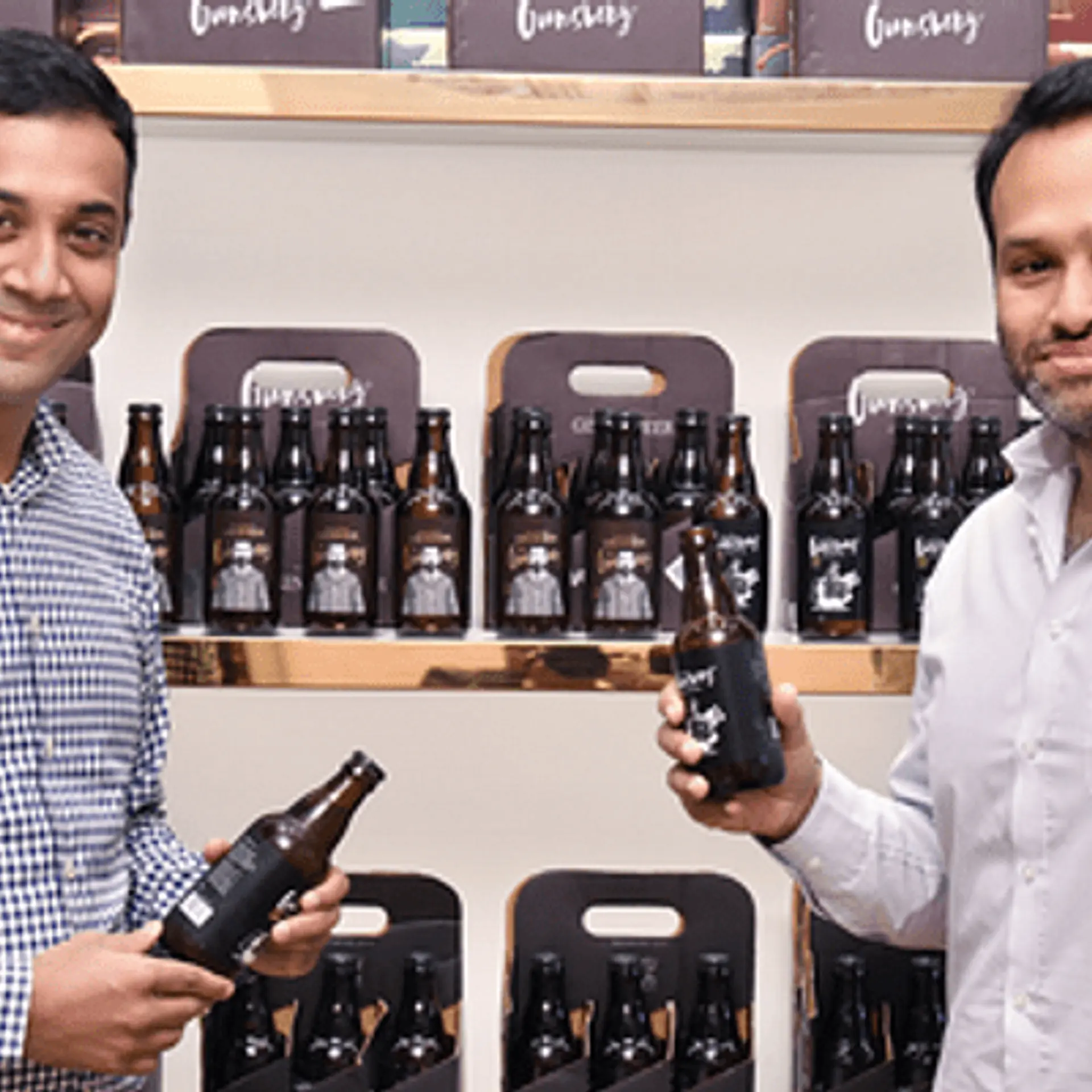How these 4 traditional brands are staying relevant in the digital world
A key to surviving in the modern-day business environment is to stay relevant. In today’s SMBStory, we list four traditional companies that are deploying numerous strategies to stay relevant amid the digital boom.
“Staying relevant is key. When you’re telling your story, you better have a modern story to tell.”
Salesforce Co-founder and Co-CEO Marc Benioff’s words couldn’t have been truer. One of the key ways to survive in the rapidly progressing and ever-changing business environment is, indeed, to stay relevant.
However, that’s easier said than done. To stay grounded in a highly competitive and ever-changing market requires constant effort and innovation on the founder’s part. From integrating technology and assessing consumer demand patterns to monitoring competitors, entrepreneurs need to constantly up their game.
Moreover, businesses have also realised that technology has to play a central role in order for them to survive.
SMBStory lists four traditional companies that are deploying numerous strategies to stay relevant amid the digital boom.
Charak Pharma

was born in the year India got its independence, founded by brothers D N Shroff and Dr S N Shroff.
Over the years, the pharmaceutical company has carved a niche for itself in the Indian as well as global markets. It offers around 106 SKUs (stock-keeping units) across categories such as dental, gynaecology, ortho, and more, and is present in around 200,000 outlets in India.
Charak also exports to more than 30 countries, including the likes of the US, the UK, Greece, Portugal, Bulgaria, Ukraine, Kazakhstan, Tajikistan, Bangladesh, Sri Lanka, and more.
Even though pharmaceuticals as a sector gained immensely during COVID-19, it also forced the company to introspect.
Dr Ram Shroff, Director of Charak Pharma, says,
“COVID-19 has been a huge wake call that has come at a heavy cost. It has also made all of us relook at what we were doing. Sometimes you overlook certain things, but when the going gets tough, you start looking into everything.”
COVID-19 led the business to digitise, and Dr Ram affirms this as he says even though they have been in the offline space for decades now, the business model has now changed.
In 2018, Charak Pharma launched its direct-to-consumer (D2C) platform Vedistry, which offers personal care products for skin, hair, and general health. While the D2C website was launched sometime back, Dr Ram says the company realised the importance of scaling it up only in the last two years.
Calling India a “massive opportunity” with sound “business prospects,” Dr Ram seems geared up to tap into the online market. With Vedistry, the company plans to introduce products in several categories such as women’s health (particularly PCOS), non-alcoholic fatty liver, endometriosis, and more.
JK Masale

was launched in 1957 by spice trader Dhannalal Jain. The brand offers over 65 products available across 155 SKUs, and also exports to over nine countries including Thailand, Indonesia, Vietnam, and the UK.
Over the years, JK Masale has managed to stay relevant in a market dominated by the likes of Mahashian Di Hatti (MDH), Suhana Spices, and Everest Spices.
Vijay Jain, Chief Marketing Director of the company, shares that one of the most important aspects of running a business is to “grow with the times.” For example, the company started importing Super Sortex machines from Europe in 2006. These machines help in enhancing the quality of seeds. Vijay says, they used them to bifurcate the quality of the poppy seeds, or ‘posto’ as they are popularly known in West Bengal.
“It detects the quality of the seeds within a minute,” he quips.
Other aspects that helped the business include diversification and customisation. The company innovated in its packaging by introducing spices in glass and plastic jars, pouches etc.
During the COVID-19 pandemic, the team launched the brand online through its own website and on ecommerce platforms including Amazon. It also launched new products such as cassia powder, black salt, and a few more last year. These efforts paid off as the company, whose sales were down by 20 percent in FY21, reported a 30 percent increase in its sales this year, in April and mid-May in 2021.
Jahagirdar Foods

has been a witness to India’s evolving FMCG (fast-moving consumer goods) sector. Despite its arduous journey, the brand continues to innovate to stay relevant in this competitive market.
Until 2019, Jahagirdar Foods was an offline-heavy brand. However, thanks to COVID-19, the company has now a pan-India presence, along with a D2C website. The brand is also available on Amazon.
In a conversation with SMBStory, Saloni Mayur Chindhade, Director of Jahagirdar Foods, says that the pandemic played a major role in changing many things within the company and the industry. The Nashik-based FMCG company, which was started by her father—Milind Jahagirdar—in 1996, manufactures a host of products including biscuits, cookies, chocolates, premixes, namkeens, and more.
The company did not suffer a massive blow during the first wave since its outlets were selling essential items like bread. Seeing this, the brand converted its website into an ecommerce platform in October 2020, which rescued the brand from the deadly second wave last year when shops were completely shut.
Today, the traditional FMCG company is deploying innovative strategies to stay relevant. For instance, Saloni says the brand is enhancing its online presence to ensure at least 30 percent of sales come from this channel by the end of this fiscal year.
The company is trying to align itself with the prevailing trends in the market. Saloni says Jahagirdar Foods will soon roll out a range of high-fibre products after it noticed a surge in customers preferring health-conscious foods in the last two years.
Sunbaby

is a well-known Indian toy brand that was started in 2001 by Sonali and Sunil Aggarwal. It offers over 2,000 SKUs across 15 categories of baby care and children's play products, including strollers, baby chairs, car seats, baby bedding, baby carriers, and more.
In an interaction with SMBStory, Sonali says that the Indian toy manufacturing industry has evolved significantly, especially as the pandemic has ushered in a new wave of toy manufacturing in India.
The company has also been keeping up with the times. Even though its website was functional from day one, Sunbaby was mostly selling offline through its distribution channel until 2010. However, the domination of online marketplaces amid the lockdowns changed the game for the toy industry. Sonali says that getting listed on platforms like Amazon, Flipkart, FirstCry, and more has been "a welcome change".
"The online channel enabled us to sell our products directly to the customers without any middlemen. It has also given us a wider acceptance for our products from the market," she notes.
Even during COVID-19, when the offline market was shut, Sunbaby’s online business came to the rescue. The company saw an almost 50 percent jump in the demand coming from online channels. Today, 30 percent of its sales come from offline demand, whereas 70 percent come from online.
Going forward, the brand is eyeing the international market. Sunbaby hopes to strengthen its presence in the existing markets including Dubai and Saudi Arabia, as well as explore newer territories like Egypt.
Edited by Kanishk Singh










